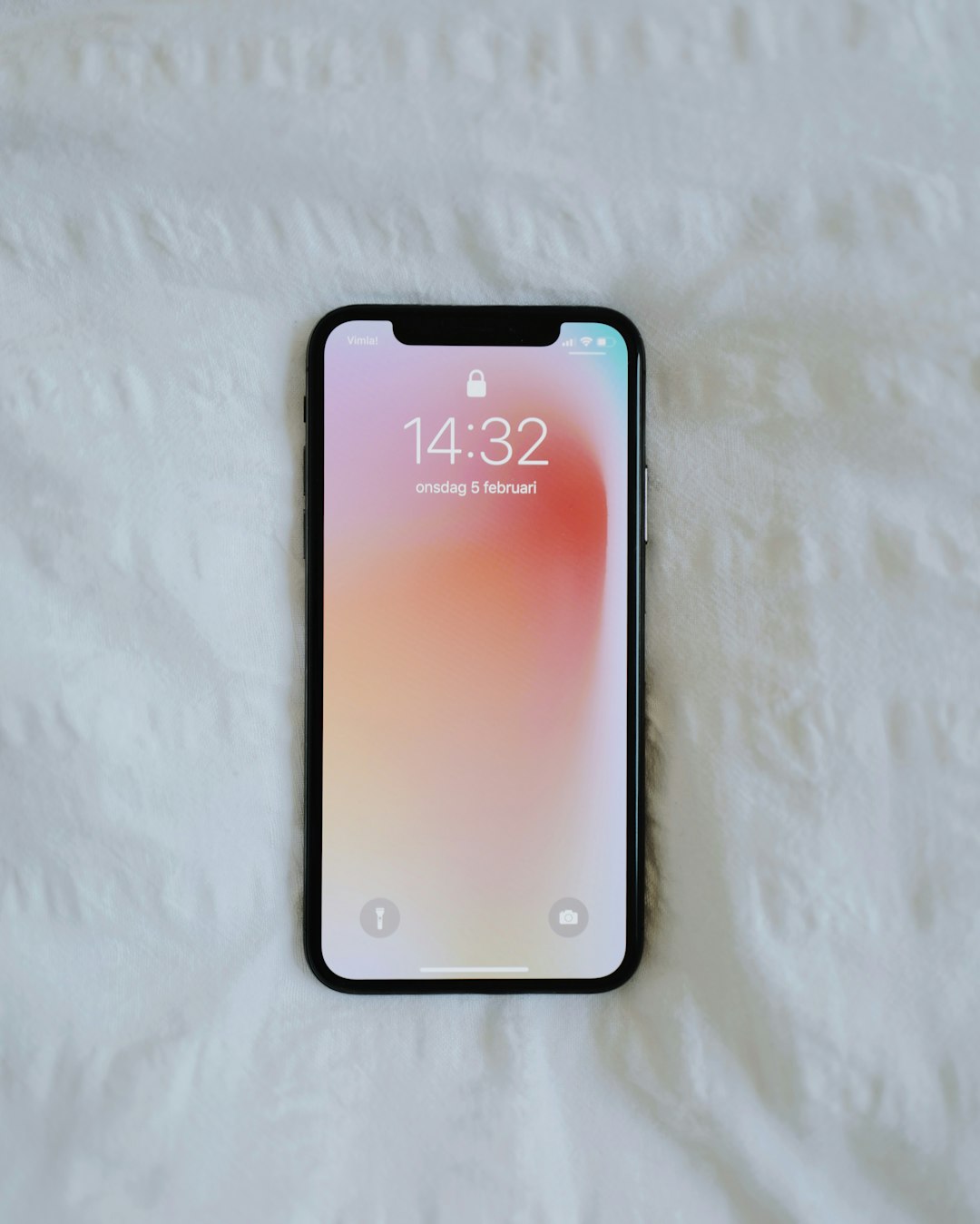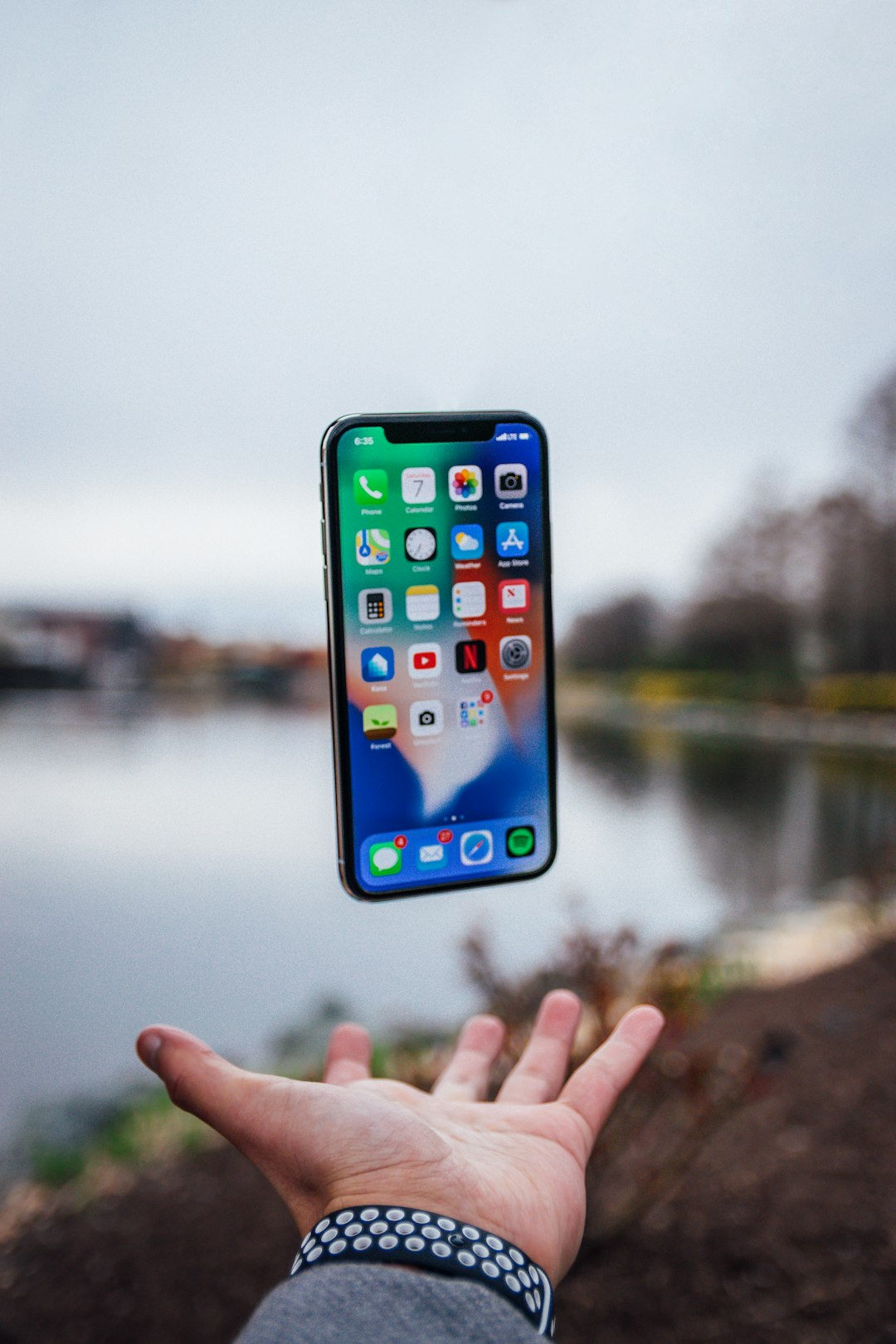In Ohio, strict Do Not Call regulations protect residents from unwanted telemarketing calls. Mobile apps have transformed consumer interactions, making it challenging for businesses to comply with these laws. Hiring a lawyer specializing in Ohio's Do Not Call Laws is crucial for businesses using apps to ensure compliance, avoid legal issues, and maintain customer trust. Legal experts guide companies on data handling, consent acquisition, and user privacy, facilitating clear communication about privacy rights and enhancing the user experience. For residents experiencing persistent commercial calls despite registering their numbers, consulting such a lawyer is advised.
In today’s digital era, mobile apps have transformed how businesses connect with consumers. However, navigating Wadsworths Do Not Call Regulations in Ohio remains crucial. This article explores the intersection of mobile apps and these regulations, delving into their impact on business practices. We discuss strategies for compliance, highlighting the importance of seeking a lawyer specializing in Ohio’s Do Not Call Laws to stay within legal constraints. By understanding these rules, businesses can effectively utilize apps while avoiding potential pitfalls.
Understanding Do Not Call Regulations in Ohio

In Ohio, Do Not Call regulations are designed to protect residents from unwanted telemarketing calls and sales pitches. These laws are enforced by the Ohio Attorney General’s Office, which acts as a watchdog to ensure compliance with the state’s telemarketing rules. As a resident of Ohio, you have the right to register your telephone number on the “Do Not Call” list, effectively blocking most commercial calls from being received on that line.
If you’re facing persistent telemarketing calls despite being registered on the Do Not Call list, it might be time to consult a lawyer specializing in Do Not Call Laws Ohio. Legal experts can guide you through your rights and options, ensuring that businesses adhere to the state’s regulations. They can also assist in taking formal action against violators to stop unwanted calls once and for all.
The Impact of Mobile Apps on Do Not Call Laws

The rise of mobile apps has significantly influenced the way consumers interact with businesses and, consequently, how do not call regulations are implemented and perceived. With just a tap, users can now subscribe to countless services, receive promotional offers, and connect with companies worldwide. While this convenience is undeniable, it also raises concerns about privacy and consumer protection, especially regarding unsolicited communications. In today’s digital era, lawyers for Do Not Call Laws Ohio often find themselves navigating complex legal landscapes where traditional rules may not fully apply to innovative marketing strategies employed by apps.
Mobile applications have introduced new challenges for compliance with Do Not Call laws, such as the ability to quickly and easily gather consumer data and contact information. Apps may use various techniques to engage users, including push notifications, in-app messaging, or even seamless integration with social media platforms. This has prompted regulatory bodies to adapt their guidelines to address these new communication channels effectively. As a result, businesses and legal professionals must stay abreast of evolving regulations to ensure they remain compliant, particularly when marketing through popular mobile apps, ensuring consumers’ rights are respected while fostering fair business practices.
Navigating Legal Obligations: Hiring a Lawyer for Do Not Call Law in Ohio

Navigating the complex landscape of consumer protection laws can be a daunting task, especially when it comes to understanding and adhering to the Do Not Call regulations in Ohio. For businesses, particularly those operating through mobile apps, ensuring compliance is crucial to avoid legal repercussions and maintain customer trust. Hiring a lawyer specializing in Ohio’s Do Not Call Laws is an essential step in this process.
These legal experts possess in-depth knowledge of the state’s regulations, including the specific rules for mobile app interactions. They can guide businesses on proper consent acquisition, opt-out mechanisms, and record-keeping practices. A lawyer will ensure your app’s user data handling aligns with the law, protecting your business from potential fines or lawsuits. Their expertise enables effective communication with users regarding their privacy rights, fostering a positive and compliant user experience.






